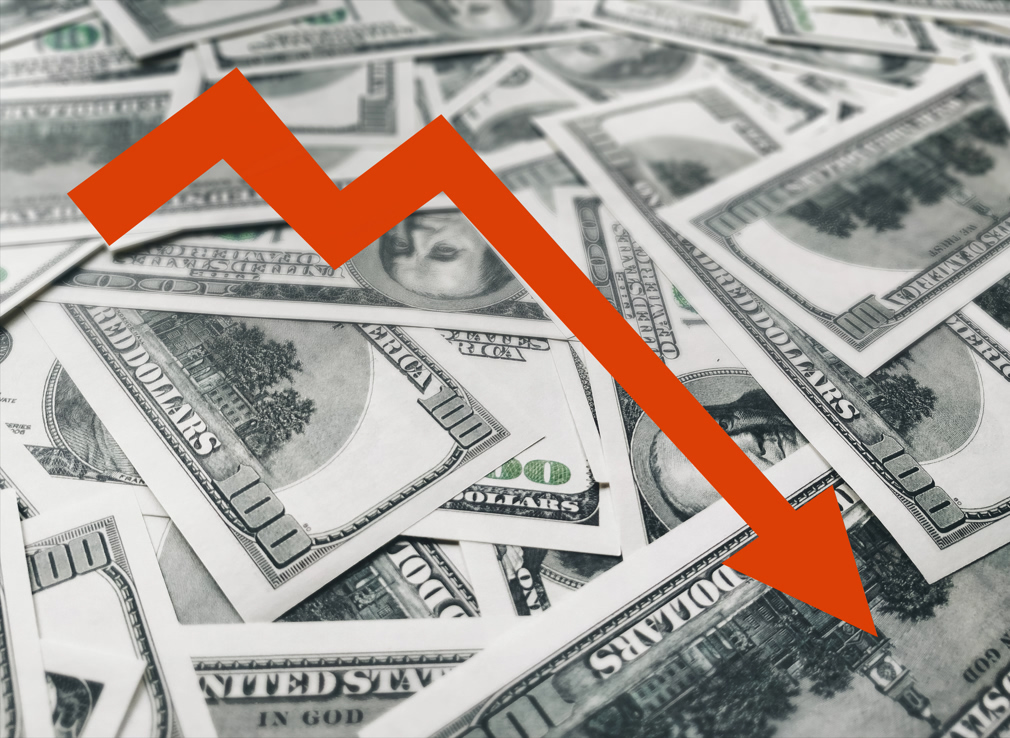The average U.S. rate for a 30-year fixed mortgage fell to 3.33% this week, according to Freddie Mac, as the Federal Reserve’s bond-buying program created demand for securities backed by home loans.
Together with the prior week’s drop, it was the largest two-week decline since December 2008 when the Fed shocked the financial world with its first-ever round of buying mortgage-backed securities. Back then, the Fed announced $600 billion in purchases of MBS. This time, the Fed said in a March 23 statement its budget was “unlimited.”
The Fed revived its bond-buying program on March 15 in an attempt to grease the wheels of the lending markets and prevent the type of credit crunch that devastated the mortgage industry more than a decade ago.
This week’s 17 basis point drop in the average 30-year fixed rate indicates it’s working.
“That drop reflects improvements in market liquidity and sentiment,” said Sam Khater, Freddie Mac’s chief economist.
In March, the initial response among lenders to the financial uncertainty caused by the COVID-19 pandemic was to boost rates even as the benchmark yield on Treasuries fell – adding a buffer known in the industry as a risk premium.
Typically, mortgage rates stay within a predictable range above the 10-year Treasury yield. Between 2015 and 2019, the average difference was 1.7%, according to HousingWire calculations using the Freddie Mac rate and a weekly average for Treasuries. When the margin rises above that, it means lenders are nervous.
In mid-March, when the average mortgage rate spiked to a nine-week high, the margin was 2.66%, the highest since January 2009.
This week, it’s 2.63%, based on Tuesday’s Treasury yield. That shows there’s room for rates to fall further.
Even with the lower mortgage rates, demand for homes has eroded as Americans hunker down in response to state mandates to stay at home to prevent the spread of COVID-19, said Khater.
Applications for loans to purchase homes dropped 24% last week, compared to a year earlier, according to a report Wednesday from the Mortgage Bankers Association.
“Homebuyer demand has declined in response to current economic conditions,” Khater said. “The good news is that the pending economic stimulus is on the way and will provide support for both consumers and businesses.”
The $2 trillion rescue package passed by Congress last week will provide loans to businesses and will boost unemployment benefits by $600 a week in an attempt to fully replace salaries for four months.
In addition, most Americans will receive a check in the mail in the coming weeks of about $1,200 to help with expenses while staying at home to try to stem the spread of the virus.
The average 15-year fixed-rate mortgage was 2.82% this week, down from last week’s 2.92%, and the average rate for a 5-year Treasury-indexed loan was 3.40%, up from 3.34%, Freddie Mac said.






